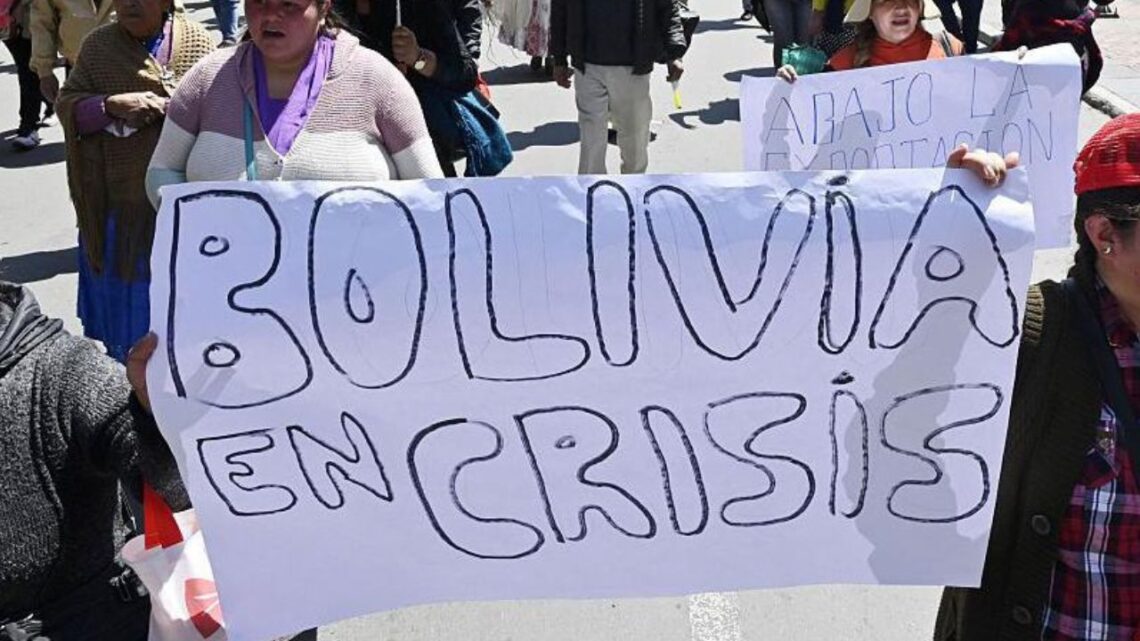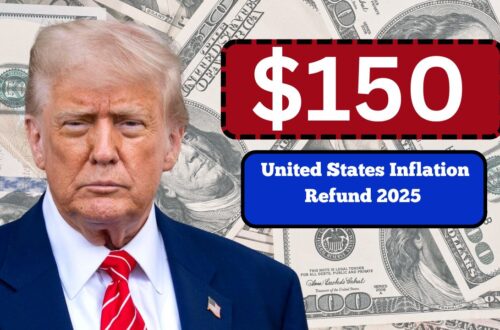Life in Bolivia has become increasingly difficult. The nation is struggling with a deep economic crisis, shortages of essential goods, and political uncertainty ahead of elections.
With basic food items disappearing from store shelves and prices rising daily, many Bolivians are now crossing the border into Peru to make ends meet. They are smuggling food like eggs, rice, oil, and even homemade bread across a narrow river to sell for higher prices on the Peruvian side.
Why People Are Smuggling Goods
Bolivia is facing one of its toughest financial moments in years. A lack of U.S. dollars, high inflation, and low fuel supplies have made daily life unbearable for many families. People are finding it hard to buy food because of both scarcity and price increases.
On the other side of the border in Peru, these same goods sell for up to three times more. This massive price gap has turned smuggling into a survival tactic for hundreds of Bolivians living near border towns such as Desaguadero.
Each day at dawn, locals secretly carry bags of food onto small, risky boats to cross the river that separates Bolivia and Peru. They try to avoid being seen by border patrols.
Once they reach Peru, they sell the goods in local markets at much higher prices. For many, this small profit helps feed their families or pay rent back home.
Most Common Smuggled Goods
Here are some of the most frequently smuggled items from Bolivia to Peru:
| Item | Reason for Smuggling |
|---|---|
| Eggs | Hard to find in Bolivia, high demand in Peru |
| Cooking oil | Price difference makes it highly profitable |
| Rice | A staple food, easy to carry in bulk |
| Bread and flour | Essential daily food, short supply in Bolivia |
| Sugar and meat | Also smuggled, though riskier due to spoilage |
These goods are in high demand on both sides of the border. In Peru, traders and families buy them quickly because they are cheaper than imported goods. For Bolivians, the income earned from selling these products provides temporary relief in a struggling economy.
Government’s Response
The Bolivian government has called smuggling a national security threat. In recent months, authorities have sent military troops to the borders to control illegal crossings.
They also introduced stricter penalties for anyone caught smuggling, with prison sentences that can go up to 14 years. According to officials, more than 8,000 officers have been deployed to guard the main smuggling routes.
Despite these measures, smuggling continues because the economic pressure is too strong. Many families argue that they have no other choice.
With unemployment rising and food becoming more expensive, people are taking risks just to survive. The government’s efforts to stop the practice have not yet solved the deeper issue of poverty and scarcity.
Impact on Local Communities
For Bolivians, this illegal trade has become a lifeline. It helps them earn some money when there are few jobs available.
However, it also creates more shortages inside Bolivia because food meant for local consumption ends up being sold across the border. That pushes prices even higher for those who stay behind.
On the Peruvian side, local markets are flooded with Bolivian goods. Many small traders in Peru depend on this unofficial trade to make a living. It has created a complex situation where both sides benefit and suffer at the same time.
A Crisis With No Easy Solution
The growing smuggling problem reflects the larger issues facing Bolivia—economic instability, unemployment, and a lack of government support. As the election approaches, citizens are demanding change and a plan to fix inflation and restore market confidence.
Without a stable economy, border smuggling will likely continue because it offers desperate families one of the few ways to earn a living.
Bolivia’s food smuggling crisis shows how far people are willing to go just to survive. As prices rise and shortages worsen, crossing the border with bags of rice or bottles of oil becomes more than just a risky job—it becomes a fight to stay alive.
Until Bolivia’s economy recovers and everyday goods become affordable again, this shadow trade with Peru will continue to grow, turning desperation into an everyday act of survival.









